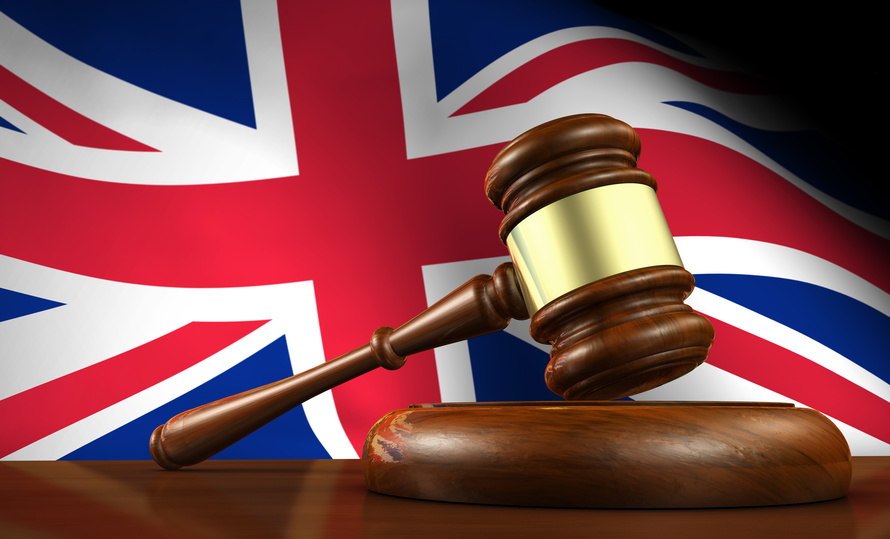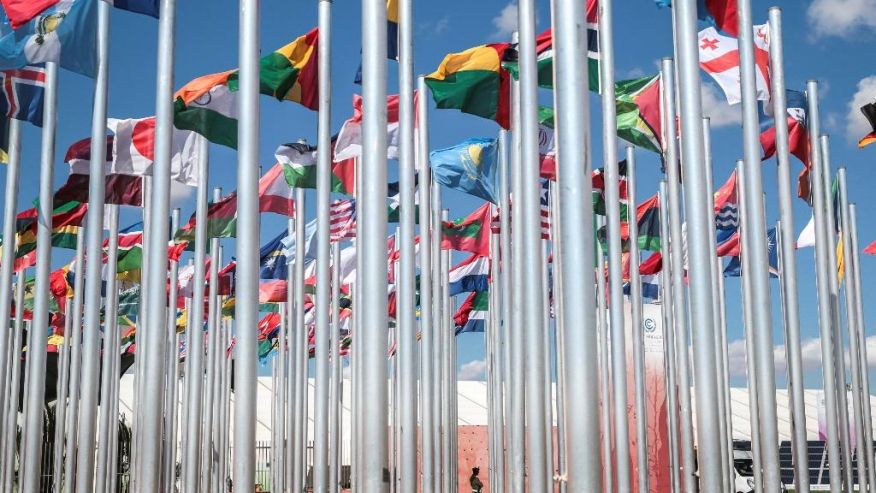
The EU Court ruled the North African country did not have the consent of the people of Western Sahara required for the now-cancelled fisheries and agricultural treaties.
The Court of Justice of the European Union on Wednesday said it has cancelled two agricultural trade agreements with Morocco concerning the disputed Western Sahara region, saying the North African country did not have the consent of local inhabitants affected.
The EU ruled in favour of the Front Polisario independence movement, which had filed the case in 2019 on behalf of the Sahrawi people who populate the region. The front has been fighting for Western Sahara’s independence from Morocco.
Repealing a ‘faulty’ Council decision
The EU-Morocco agreements concern the waters and territory of the disputed Western Sahara region.
The deals allowed Morocco to export goods from contested Western Sahara and had previously been ratified by the European Parliament.
In Wednesday’s ruling, the tribunal said the Council had made a mistake and decided to revoke the agreements saying they imposed obligations on the people of Western Sahara without their consent.
“The Court concludes that the Council did not sufficiently take into account all the relevant factors relating to the situation in Western Sahara,” it said in a press release.
The Council, which is made up of representatives of EU states, had “wrongly considered that it had a degree of discretion” in its decision on whether or not to comply with an unfulfilled requirement for consent, the statement said.
A deal without consent
“The Court takes the view that, in so far as the agreements at issue apply expressly to Western Sahara and, as regards the decision concerning the Sustainable Fisheries Partnership Agreement, to the waters adjacent to that territory, they concern the people of that territory and require the consent of its people,” it said.
The agreements will be terminated “over a certain period” to ensure the EU respects commitments it has already agreed to.
The rule of international law, where the consent of “a third party to an international agreement may be presumed” if the deal grants the party rights does not apply to this case, the tribunal said.
“The agreements at issue are not intended to confer rights on the people of Western Sahara, but to impose obligations on them,” it added.
What is the dispute over Western Sahara?
Morocco has occupied the Western Sahara area on the Atlantic coast of northwest Africa since 1975. The region was previously part of a Spanish colony.
In 1991, the Polisario Front and the Moroccan government agreed to a truce after 16 years of war. UN observers continue to monitor the situation, with clashes between the two sides reigniting last year.
The Polisario Front has since become an internationally recognized representative of the Sahrawi people and their fight for independence.
The EU is Morocco’s leading trade partner and the biggest foreign investor in Morocco.
‘A victory for the people of Western Sahara’
The EU ruling was embraced by Sahrawi activists as a small victory over Morocco. Some Moroccan nationalists, on the other hand, blasted the move, accusing the EU of “attacking Moroccan sovereignty”.
Mohamedsalem Werad, a videographer from Western Sahara and co-editor of the blog Saharawi Voice, told DW the ruling “did not come as a surprise” but showed that the rule of law is “on our side”.
“Saharawis do not have the means, the resources and the backing that Morocco has when defending our right to self-determination and our right to independence from the ongoing Moroccan military occupation. But what we have on our side is the rule of law, legitimacy and justice. Today’s Court ruling has… confirmed this,” Werad said.
“This ruling is not just a victory for the people of Western Sahara, but a victory for all those who seek to uphold an international rules-based order… where military annexations of foreign territories are discouraged and not rewarded with trade agreements,” he added.

